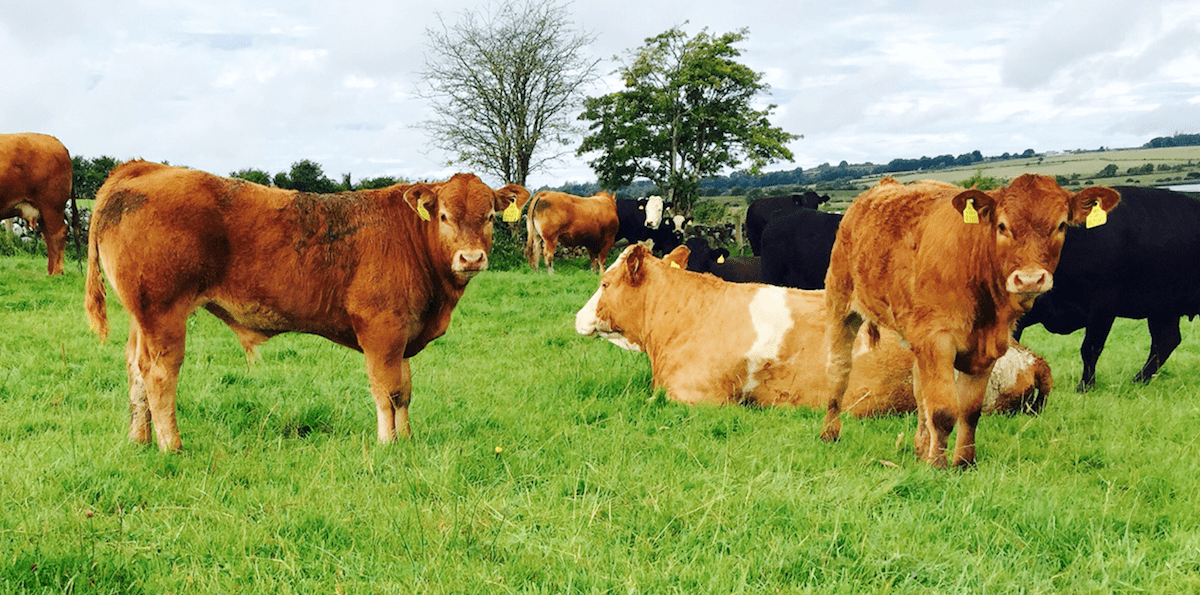Over 60% of farmers taking part in the first and second tranche of the Beef Data Genomics Programme (BDGP) have yet to complete their carbon navigator requirements.
Participants in BDGP I must provide updated information before the end of this month, having already initially submitted their carbon navigators in 2016.
BDGP I participants have the option of carrying out this update online or through the submission of key data via survey forms issued by the Irish Cattle Breeding Federation (ICBF) to each applicant. These forms will cover areas such as grazing season length, fertiliser use and slurry spreading.
Meanwhile, participants in the second tranche of this scheme – which opened and closed earlier this year – must complete their carbon navigator alongside an approved advisor.
The Department of Agriculture, Food and the Marine confirmed to AgriLand that carbon navigator updates have been received from 9,259 participants in BDGP I.
Meanwhile, some 528 BDGP II participants have completed and submitted their carbon navigator for the first time.
Recently, the Minister for Agriculture, Michael Creed, revealed that there was currently 25,669 participants across both tranches of the programme.
BDGP II participants are reminded that the department will cover the cost of the approved advisor – a detailed list of which is available online – for the completion of the carbon navigator.
The carbon navigator quantifies the environmental gains that can be made on each applicant’s farm by setting targets in key areas, such as grassland management, the department explained.
The aim of this tool is to allow individual farmers look at changes which can be made on their farm, in areas such as the length of the grazing season or their average calving rate.
It then illustrates what that change would mean in terms of reduced green house gas (GHG) emissions from his/her herd and the increased profitability associated with such a change, the department added.
